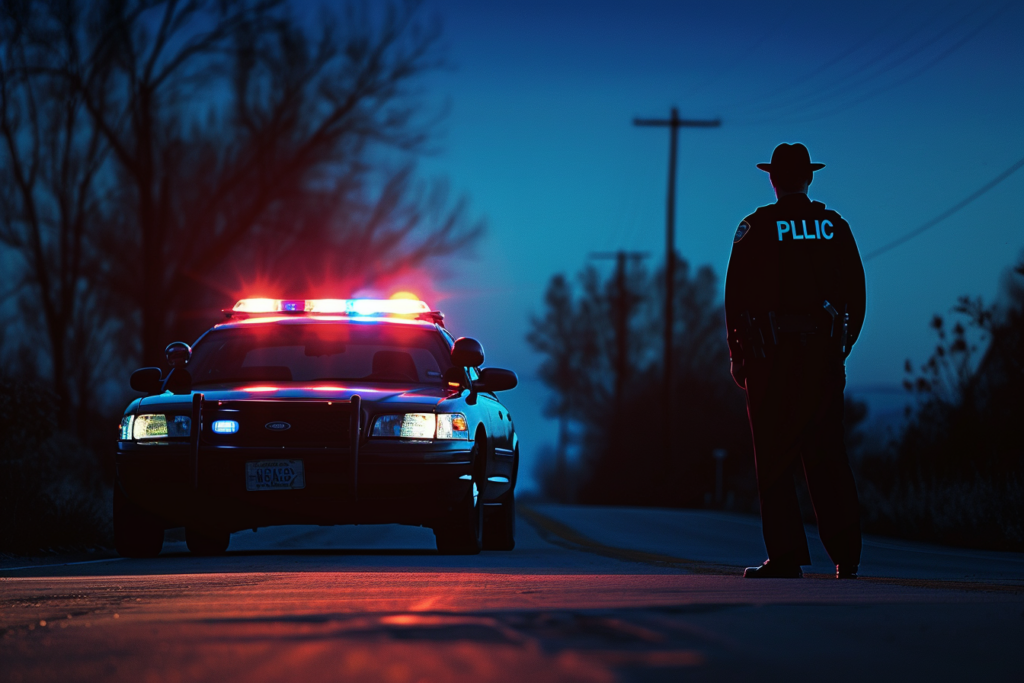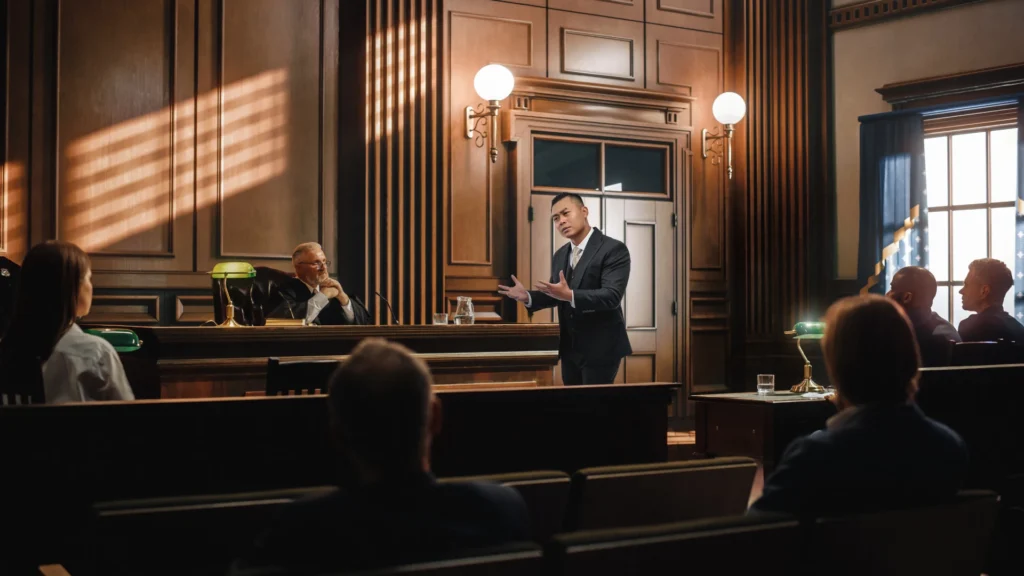The Role of Evidence in Criminal Defense: What You Need to Know
In the world of criminal defense, evidence is the cornerstone of a fair trial. Whether you’re a defense attorney or someone interested in understanding the intricacies of the criminal justice system, knowing how evidence works can make a significant difference. Evidence not only helps establish the facts of a case but also ensures that justice is served. In this article, we will explore the different types of evidence, how evidence is collected, and its role in criminal defense, particularly in California.
Understanding Criminal Defense Evidence
Criminal defense evidence is any material presented in court to prove or disprove a fact in a criminal case. It can be anything from physical objects to witness testimony. The ultimate goal is to establish a narrative that supports the defendant’s position or challenges the prosecution’s claims.
Types of Evidence
Evidence in criminal defense can be categorized into several types:
- Physical Evidence: This includes tangible items like weapons, clothing, fingerprints, or any object that can be physically touched and is relevant to the case.
- Testimonial Evidence: Statements made by witnesses under oath. This can include eyewitness accounts or expert testimonies.
- Documentary Evidence: Written or recorded items, such as letters, emails, or video recordings that are used to support or refute claims.
- Demonstrative Evidence: Objects or materials like charts, models, or maps that help illustrate or explain the facts of the case.

The Process of Evidence Collection
The collection of evidence is a critical step in building a criminal defense. It must be done meticulously to ensure that the evidence is admissible in court. Here’s how evidence is typically collected:
Crime Scene Investigation
The first step is to secure the crime scene to prevent evidence tampering. Investigators will document the scene through photographs and sketches and collect physical evidence carefully. Every piece of evidence is cataloged and stored properly to maintain its integrity.
Gathering Testimonies
Witnesses are identified and interviewed to gather testimonial evidence. Defense attorneys may also seek expert witnesses to provide professional opinions that can support the defense.
Obtaining Documentary Evidence
Documentary evidence is collected from various sources, including digital devices, official records, or personal communications. Ensuring the authenticity and accuracy of these documents is crucial.
The Role of Evidence in Criminal Defense
Evidence plays a pivotal role in shaping the defense strategy. Here’s how evidence impacts criminal defense cases:
Challenging Prosecution’s Evidence
A defense attorney scrutinizes the prosecution’s evidence to find inconsistencies or errors. The goal is to create reasonable doubt about the defendant’s guilt.
Presenting Exculpatory Evidence
This is evidence that can prove the defendant’s innocence or reduce their culpability. It is the defense attorney’s job to find and present such evidence effectively.
Negotiating Plea Deals
Sometimes, the strength of evidence can influence plea negotiations. If the defense attorney has strong evidence, it can lead to a more favorable plea agreement for the defendant.
Special Considerations in California
California has its own set of laws and procedures regarding criminal evidence. Here are some key points to keep in mind:
California Evidence Code
The California Evidence Code governs the admissibility of evidence in the state’s courts. It outlines what is considered relevant and admissible evidence. Understanding these rules is essential for any defense attorney practicing in California.
The Role of Technology
With the rise of technology, digital evidence has become increasingly important in criminal cases. This includes data from smartphones, computers, and social media. California law requires that digital evidence be collected and handled with the same care as physical evidence to ensure its admissibility.
Discovery Process
In California, the discovery process allows both the defense and prosecution to access evidence before trial. This transparency helps both sides prepare their cases effectively.

Best Practices for Defense Attorneys
Defense attorneys play a vital role in ensuring that evidence is handled properly. Here are some best practices:
Thorough Investigation
Conduct a comprehensive investigation to uncover all relevant evidence. This includes hiring private investigators if necessary.
Collaborate with Experts
Work with forensic experts, psychologists, or other professionals who can provide valuable insights and support the defense case.
Maintain Ethical Standards
Ensure that all evidence is collected and presented ethically. Tampering with or withholding evidence can have serious legal consequences.
Conclusion
Evidence is the backbone of any criminal defense strategy. Understanding the different types of evidence, the process of evidence collection, and the specific considerations in states like California can empower defense attorneys to build stronger cases. By adhering to best practices and staying informed about legal standards, attorneys can better serve their clients and uphold the principles of justice.
In criminal defense, evidence is not just a tool—it’s a crucial element that can determine the outcome of a case. Whether you’re a legal professional or someone looking to understand the justice system better, knowing the role of evidence can provide valuable insights into the workings of criminal defense.
Contact The Win Law Firm for Your Defense Attorney Needs
If you’re facing criminal charges and need a skilled defense attorney, The Win Law Firm is here to help. Our experienced legal team understands the intricacies of evidence and is committed to providing a robust defense tailored to your unique situation. Don’t leave your future to chance—secure the representation you deserve. Contact The Win Law Firm today to schedule a consultation and take the first step toward defending your rights and ensuring justice is served.
